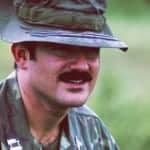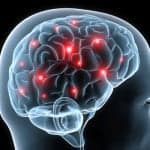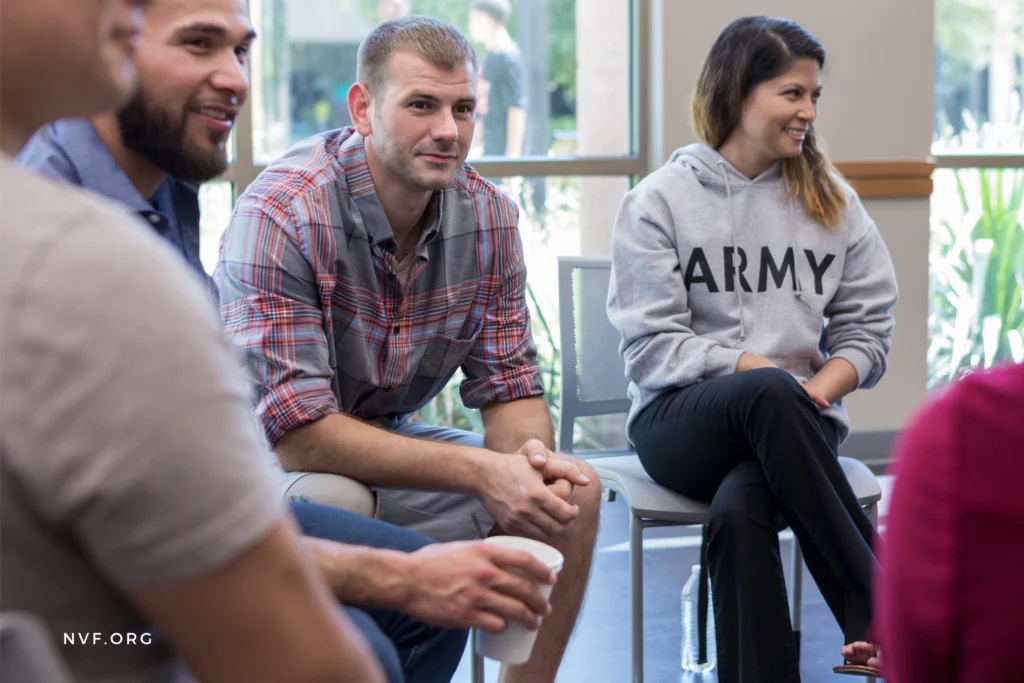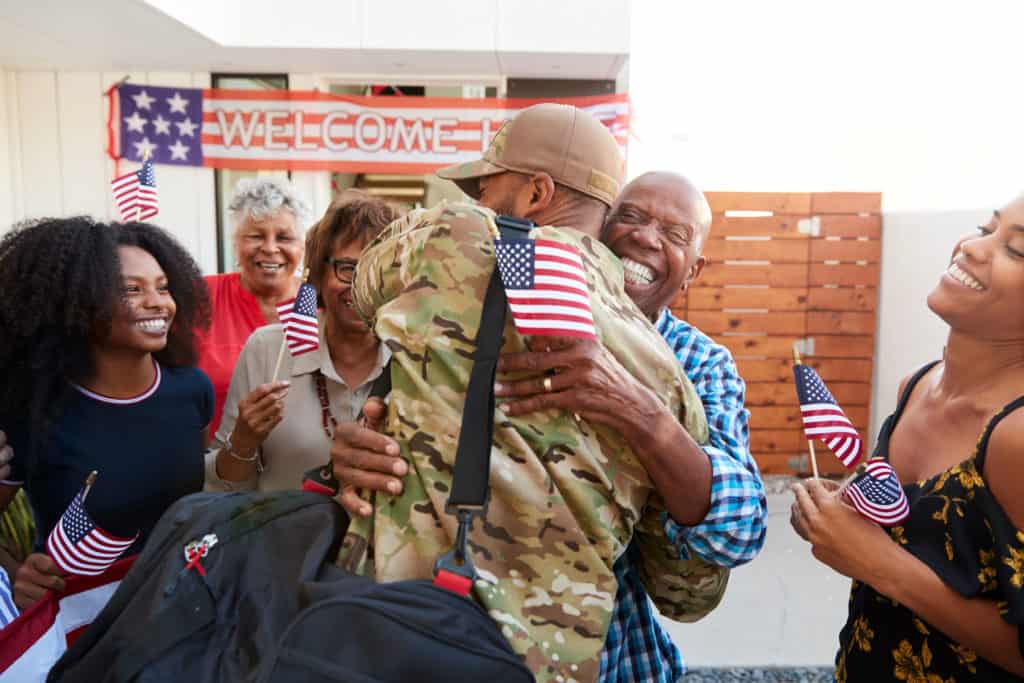Advancing Treatment for PTSD and TBI
Being a veteran advocate is my full-time job. It’s the kind of job that you take with you on vacation, into the shower, to bed at night. I often feel frustrated in my work. But once again I’m feeling optimistic and energized.
Recently I’ve had the opportunity to be in dialogue about modes of treatment for PTSD and Traumatic Brain Injury (TBI) with two outstanding veteran advocates. Buzz Aldrin, PH.D, (Colonel, USAF, Ret.) needs no introduction. Veteran astronaut and author, he’s been on the national scene since Apollo 11. Peter F. Demitry, M.D., M.P.H. is also a retired Air Force colonel with a distinguished career both in the military and in the civilian sector. Our recent conversations have centered on new treatment options for PTSD and TBI.
TBI is the signature combat injury of the wars in Iraq and Afghanistan for American soldiers. The symptoms of PTSD and TBI often overlap. Sometimes one condition overlays the other. Because of this, treatment is complex and, in a sense, has to be tailored to the individual. No one size fits all.
At the National Veterans Foundation, whether we meet a vet with symptoms of PTSD or TBI on the street or on our LifeLine for Vets, we refer the vet to multiple resources with multiple different methods of alleviating the symptoms. Some are as simple as exercise, yoga and volunteering. Treatments that some veterans have found to be effective are TFT (Thought Field Therapy), EMDR (eye movement desensitization and reprocessing), NLP (neuro-linguistic programming), and TIR (traumatic incident reduction). Here in Los Angeles, the University of Southern California’s Institute for Creative Technologies has developed virtual reality to treat PTSD.
Recently, there have been advances in treatment using brain stimulators. The Fisher-Wallace Stimulator is one of these. There are other brain-directed approaches to treatment. Col. Buzz Aldrin, whose newest book is Mission to Mars, is interested in the use of flight simulators, another use of virtual reality. He’s also interested in the use of the EEG (electroencephalogram) coupled with MRI (magnetic resonance imaging) to treat PTSD.
Dr. Demitry’s work in TBI diagnosis uses MRI neuro-imaging (commonly available in the VA) with the addition of special FDA approved algorithms to render an automated volumetric analyses of each key area of the brain for a more complete assessment of brain injury. Detecting the range of TBI from severe to mild instances is critical since mild, undetected injury can worsen over time. This technology has been available in nearly 700 civilian imaging centers for the last several years and is covered by most medical insurance. We think it’s time veterans had access to it.
We’re looking at ways to heal the brain. Without pharmaceuticals. I know. That’s a big statement. We’re a long way from being able to make these new methods available in all VA clinics and hospitals. The kind of careful research and field studies needed are lengthy and expensive. Funding is always an issue. But I’m optimistic… at least we’ve got a starting point.
One of the things the three of us have been talking about is how segregated, if not isolated, the medical and research communities are. They remind me of local community-based organizations operating in “silos.” We’ve been talking about opening a dialogue to include researchers working on different approaches to treatment.
We all want the same thing, right? What if shared research could shorten the time it takes us to learn how to heal these men and women? Wouldn’t that be a worthwhile avenue to pursue?
22 a day. That’s still the level of suicides among our veterans. PTSD and TBI play a part in many veteran suicides. We’re believers in trying any and all possibilities to get that number down to zero.
If you know a vet who needs help, here’s our LifeLine for vets number: 888.777.4443.
Read this blog post at the Huffington Post.
 As a U.S. Army Medical Service Officer in Vietnam in 1970, Shad Meshad began pioneering treatment techniques for what would later become known as post-traumatic stress disorder (PTSD). The founder and co-author of the VA’s Vet Center Program, Meshad founded the National Veterans Foundation in 1985, an organization dedicated to serving veterans in crisis and bettering the lives of all U.S. veterans and their family members. The NVF operates a crisis hotline and live chat on their website for veterans of all wars, in addition to homeless outreach in the Los Angeles area.
As a U.S. Army Medical Service Officer in Vietnam in 1970, Shad Meshad began pioneering treatment techniques for what would later become known as post-traumatic stress disorder (PTSD). The founder and co-author of the VA’s Vet Center Program, Meshad founded the National Veterans Foundation in 1985, an organization dedicated to serving veterans in crisis and bettering the lives of all U.S. veterans and their family members. The NVF operates a crisis hotline and live chat on their website for veterans of all wars, in addition to homeless outreach in the Los Angeles area.
You can be a part of our mission to help Veterans by making a tax-deductible donation!
About the Author
SUBSCRIBE TO OUR BLOG AND NEWS!
By submitting this form, you are granting: NATIONAL VETERANS FOUNDATION INC permission to email you. You may unsubscribe via the link found at the bottom of every email. (See our Email Privacy Policy for details.)
Related Posts






